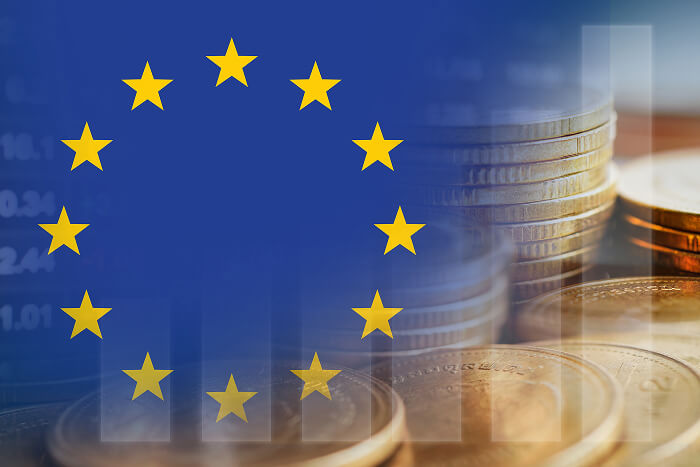Free Quote : +4 (031) 229 94 13
-
-
Email Address : [email protected]

Free Quote : +4 (031) 229 94 13
Email Address : [email protected]
Starting a business in Europe opens doors to a vast market, strong economic networks, and diverse consumer bases. However, the legal framework and investment climate vary across the region, making citizenship a crucial factor in shaping opportunities. Entrepreneurs with local status often benefit from simplified regulations, access to funding programs, and fewer bureaucratic hurdles. For non-residents, the path can be more complex, requiring additional permits or partnerships with local entities. Understanding how citizenship influences market entry, taxation, and operational flexibility is essential for anyone looking to establish a business in Europe.

Obtaining EU citizenship offers entrepreneurs numerous advantages that can significantly enhance their business endeavors. Below is an overview of key benefits:
1. Access to the single market
EU citizenship grants the right to establish and operate a business in any of the 27 member states without facing trade barriers. This access facilitates the seamless movement of goods, services, capital, and people across borders, enabling them to expand their reach and customer base.
2. Simplified business setup procedures
Entrepreneurs with EU citizenship can benefit from streamlined processes for registering and operating businesses. The EU encourages member states to facilitate company formation by reducing administrative burdens, costs, and setup times, making it easier to launch new ventures.
3. Eligibility for funding and support programs
Citizenship provides an opportunity to apply for EU-backed initiatives that support entrepreneurial growth. Programs such as Startup Europe and InvestEU offer capital, networking platforms, and mentorship to foster business expansion.
EU citizenship creates a strong foundation for entrepreneurs looking to build sustainable businesses in Europe. From regulatory advantages to financial incentives, the opportunities available can drive long-term success.

While citizenship offers entrepreneurs significant advantages, those without it often face additional hurdles when starting a business in Europe. Navigating legal, financial, and administrative barriers requires careful planning and a deep understanding of local regulations. Below are key challenges:
Obtaining citizenship is one of the most effective ways to unlock business opportunities in Europe. It simplifies market entry, reduces bureaucratic barriers, and grants access to financial and legal benefits. Entrepreneurs with status of citizen can expand operations freely, securing long-term stability. Navigating all the paperwork, however, requires expertise. Partnering with a reliable migration company ensures a smoother transition, helping business owners achieve their goals faster and with fewer complications.